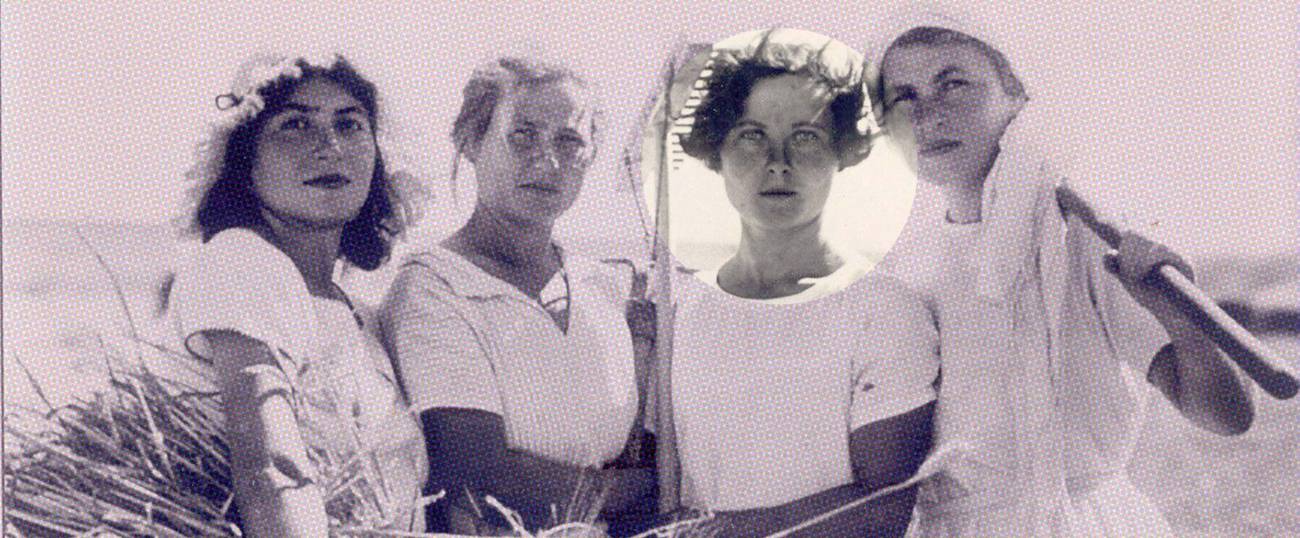Another Tale of Love and Darkness
In Jessamyn Hope’s evocative debut novel, ‘Safekeeping,’ people are as beautiful and as vexed as the history with which they struggle




There are two ways a young author can fail to write a book worth reading. The first is to be insufficiently audacious—creating the sort of timid stuff that grows, like mushrooms, in the dark and clammy rooms that host MFA workshops but dissolves upon first contact with the world outside. The second is to go the opposite way, writing big and bold tomes that are so busy declaring their wild ambitions that they have no air left for stories, emotions, and other forms of human frailty. This audacity crisis often fells even some of our best and brightest, so when a debut novel comes along and dares just enough and hits the right notes, it deserves our attention.
Jessamyn Hope’s Safekeeping, published last month, is such a book. At its core is a shiny MacGuffin, an ornate brooch forged centuries ago by a master Jewish goldsmith. At the novel’s outset, Adam, a young American burdened by personal tragedies and a panoply of addictions, appears in a kibbutz in northern Israel, sweaty and penniless. Decades before, his late grandfather, a Holocaust survivor, lived on the same kibbutz and had a passionate affair with a young woman, a hardened pioneer he’d never stopped loving; now, the grandson is hoping to find the same woman and give her the brooch, the grandfather’s most prized possession. The kibbutz is small, but, in Hope’s evocative telling, it contains multitudes, including a young Canadian woman struggling with mental illness, a wily Belorussian émigré desperate to leave Israel for the splendors of Manhattan, and a tough old kibbutznik who refuses to accept that the ideals to which she’d devoted her life are fading in the glare of capitalism’s bright light. That these characters are all in some way broken only makes the novel’s game of emotional chess more compelling: Hope is both generous enough to give each of her creations the space to clamor for safety, love, and well-being, and tough enough to know that not all lives end well, the best of intentions be damned.
Because the novel is set in Israel, and because its protagonists have to wrestle not only with their personal demons but with the greater ghouls of history, the personal and the political often intertwine. Suicide bombings and peace talks, socialism and its decline, pogroms and the Holocaust—all vibrate beneath the surface, violent reminders of just how fragile and fleeting our time on the planet truly is. People perish, sometimes by their own design, sometimes at the hands of others; the only thing that is indestructible is the brooch, an elegant stand-in for all of Jewish history, beautiful and built to last even when the humans who pin it to their chests are not.
Not that the humans aren’t trying. Even in their darkest moments, Hope’s characters still appeal to higher powers, begging for the strength to persevere. Some look to politics, some to family lore, some to dogma. But Judaism being a religion of a thousand stubborn inquiries, a faith shaped by skeptics, the men and women of Hope’s kibbutz all discover that their convictions can only take them so far, and that none, even the steeliest, can survive the jolt we get when we finally overcome our most selfish urges and open up to others. In a climate like ours, with communal conversations too often governed by the censorious and the shrill, we’ll take all the empathy and warmth we can get.
Empathy and warmth, however, make for vast and arduous terrain, and Hope is not immune to the occasional slip. Some of her keen insights are allowed to linger a beat too long; characters are given room to ruminate even when readers may wish for the plot to speed along. But these imperfections do little to rob the book of its greatest merit, the pleasure of witnessing flawed human beings claw their way to redemption and realize, as only the wisest among us do, that it’s the clawing itself that gives life meaning. It’s an audacious premise for a novel, and Safekeeping handles it with great skill and care.
***
Like this article? Sign up for our Daily Digest to get Tablet Magazine’s new content in your inbox each morning.
Liel Leibovitz is editor-at-large for Tablet Magazine and a host of its weekly culture podcast Unorthodox and daily Talmud podcast Take One. He is the editor of Zionism: The Tablet Guide.